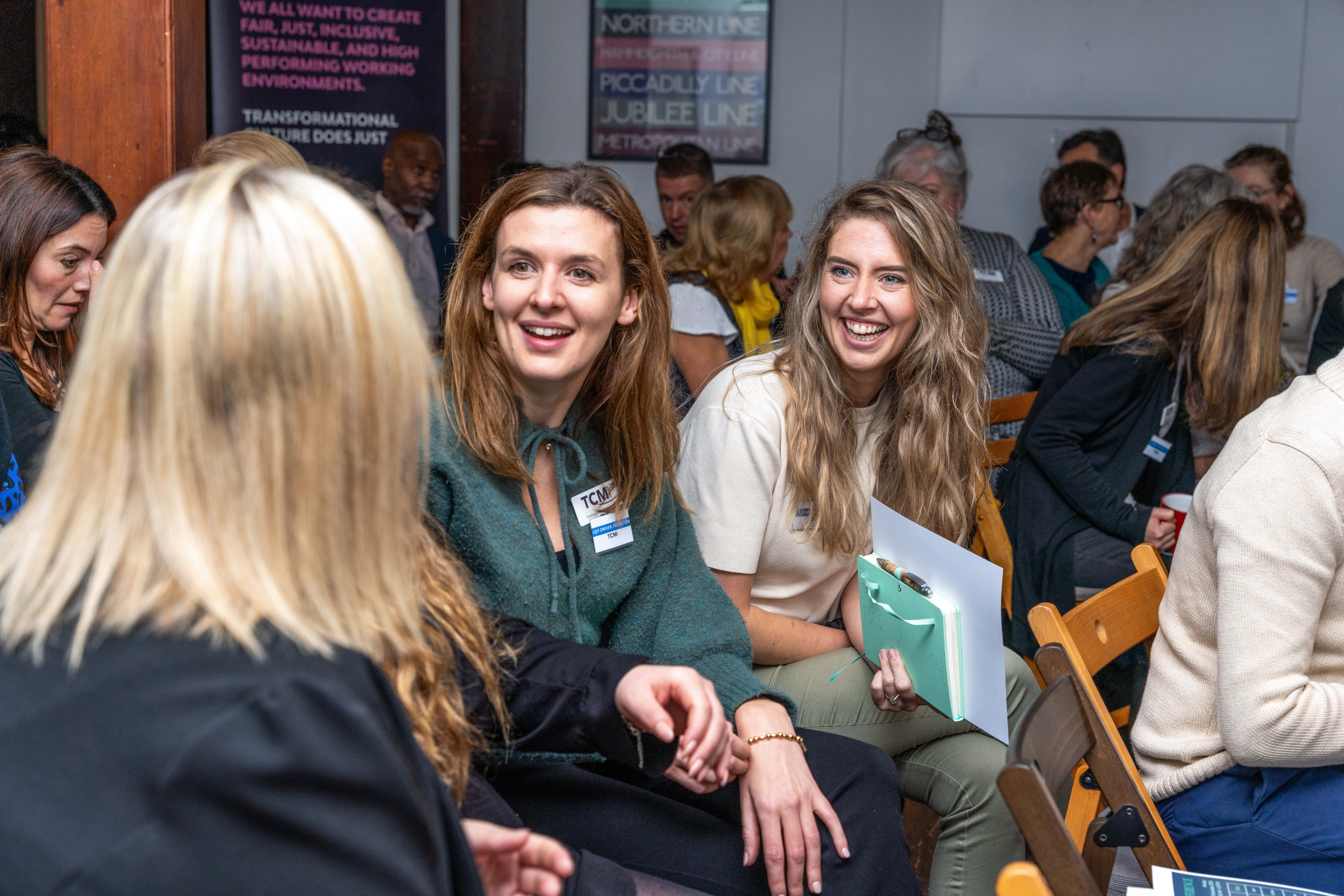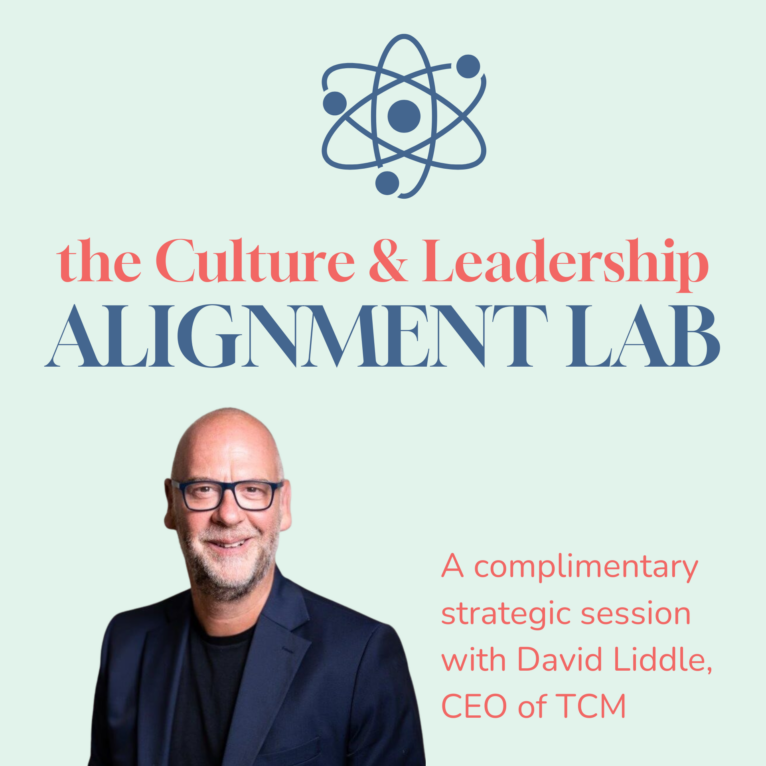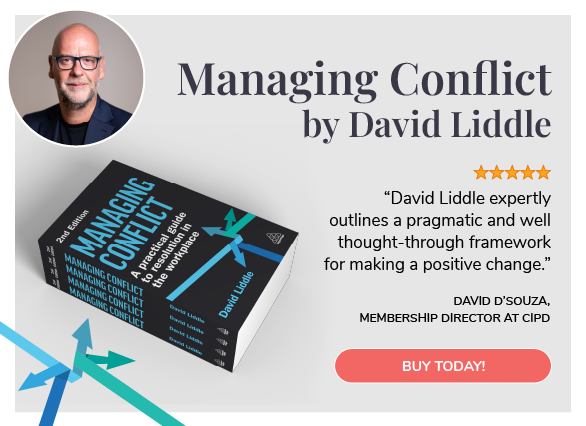
Share article:
Tags:
As Senior Communications Executive, I’m always front row at our webinars and conferences. Listening to Gary, our Head of Investigations & Audits, speak on his passion was inspiring and engaging. Here’s a run-down of how the Introduction to Investigations webinar went last week.
“Investigation meetings are often difficult and emotional, especially for someone who raised a complaint or is under investigation. A courteous investigator following a structured process, by pre-planning their initial questions, will reduce unnecessary stress and help keep the interview on the right track.”
ACAS
The resident investigations expert at The TCM Group, Gary Rogers, headed a one-hour online workshop delivering an Introduction to Investigations. The session outlined the importance of fair and thorough investigations, how to conduct these and what an effective report looks like. Listeners left the workshop equipped with the tools, knowledge, and renewed confidence to deliver investigations to an exceptional standard.
Back to Basics
Gary explained that a fair and thorough investigation is the cornerstone of good employment practice, ensuring that people are held accountable and scrutinised to ensure integrity, safety, and happiness for employees. As such, the aim of an investigation is to identify information and evidence which either supports or rebuts any allegations. This investigation must gather all relevant facts and assess if there appears to be a case to answer. Differing from the legal perspective, it is not the duty of a workplace investigator to prove guilt, but rather to identify whether there is a case.
“An investigator should endeavour to reach conclusions about what did or did not happen, even when evidence is contested or contradictory.
Unlike criminal law, an investigator conducting an employment investigation does not have to find proof beyond all reasonable doubt that the matter took place. An investigator only needs to decide that on the balance of probabilities an incident is more likely to have occurred than not.”
The Duty of an Investigator
In a nutshell, an impartial and just investigator should embody the following principles:
- Act reasonably
- Act fairly
- Be objective
- Explore evidence
Investigation Techniques
After understanding the importance of investigation, and what a good investigator looks like, we transitioned to discussing interview techniques and active listening. The TCM Group’s style of investigating contrasts to interrogation methods or ‘The Third Degree’, instead focussing on building a narrative through cognitive interviewing. This style of questioning is designed to improve witness recollection, helping to form a more effective investigation.
The four basic rules of cognitive interviewing are as follows:
- Report everything – getting maximum quality of detail from witness
- Reinstate context – picture scene and image of event
- Change order – form memorable aspects of the event
- Change perspective – detect deceit
Alongside these structural guidelines, investigators must be aware of their conscious and unconscious biases to ensure that they remain fair and impartial throughout investigations. Biases result in prejudice, inequality, and preconception – values that do not align with the purpose of workplace investigation.
The Investigation Report
Every investigator must have the right tools to conduct a thorough analysis. Now armed with the correct behaviours and duties, an investigator must also be equipped with a detailed reporting style. The TCM Group coaches its investigators to be detailed and clear in their reports, following the bespoke TCM template:
- Terms of reference
- Investigating officer
- Executive summary
- Investigative methodology
- Investigation findings
- Interview details
- Specialist advice and comparative standards
- Recommendations
- Appendices
Gary explained that the perfect report acts as a story, building a narrative that can be easily followed, with a beginning, middle, and an end. Above all, an investigator must reflect these traits:
- Methodical and rigorous
- Thorough and well-structured
- Consistently operating within clearly defined boundaries
- Sensitive and fair to all
It’s a wonder how so much vital information could be packed into an hour’s workshop, but that’s what we do best at TCM.
“Thanks to Gary’s guidance and expertise, I feel more and more confident [as a new investigator] with each day that passes.”
Anonymous attendee on Gary’s most recent Introduction to Investigations workshop








